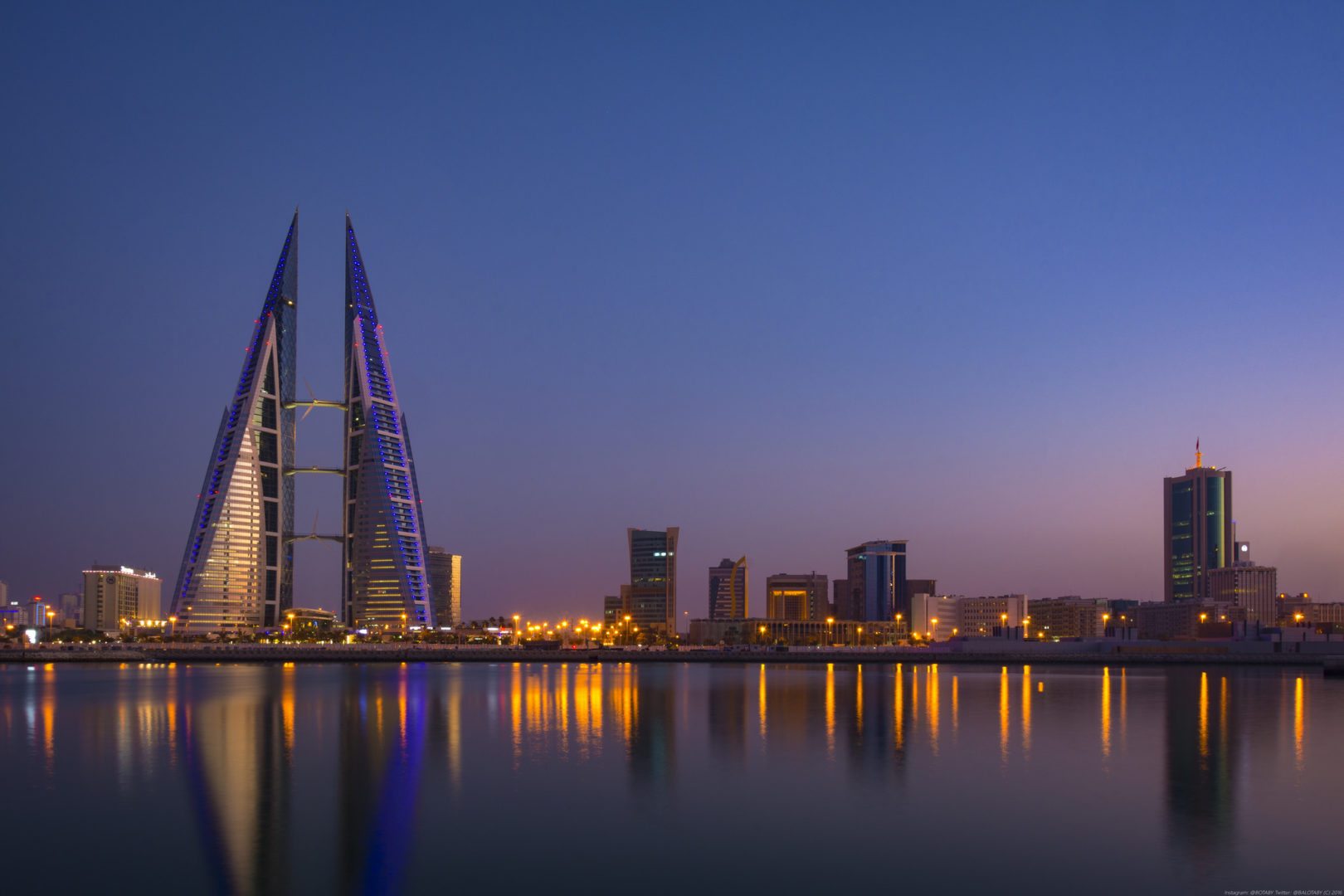

The discovery of hydrocarbon deposits in Bahrain – if verified by an international oil consortium as being technically and economically recoverable – could stimulate private investment in the kingdom’s energy sector in the near term, according to credit ratings agency Moody’s.
On 4 April, Bahrain announced it had discovered reserves containing at least 80 billion barrels of light oil and 10-20 trillion cubic feet of deep natural gas in a new offshore field in the Gulf waters called Khalij al-Bahrain, off the west coast.
In the medium term, it could increase government oil and gas related revenue and reduce the country’s fiscal and current-account deficit, according to Moody’s.
New York-headquartered Moody’s currently rates Bahrain’s sovereign credit worthiness at B1 negative.
In its report, Moody’s said despite Bahrain’s lower oil and gas endowment in comparison to its GCC peers, hydrocarbon-related revenue still accounted for 75 per cent of government revenue in 2017, down from a recent high of 87 per cent in 2013.
A large increase in Bahrain’s oil production, and associated fiscal revenue, could therefore materially reduce Bahrain’s budget deficit, which was as high as 17.8 per cent of GDP in 2016.
Bahrain’s current account would also benefit. When oil prices declined after mid-2014, the dollar value of Bahrain’s oil exports dropped significantly and the country’s current account swung from surpluses averaging 8 per cent of GDP in 2012-13 to deficits averaging 3.7 per cent of GDP in 2015-17.
Bahrain’s current account deterioration has driven the large erosion of foreign exchange reserves from a peak of $5.8bn at the end of 2014 to a low of $1.3bn in July 2017.
The reserves have since recovered somewhat, on the back of large sovereign external bond issuances, including $3bn in international bonds in September 2017 and $1bn in international sukuk in April 2018, the report said.
But with foreign reserves of $2.8bn at the end of November covering only 1.4 months of importation of goods and services and less than 10 per cent of Bahrain’s short-term external debt, pressure on Bahrain’s pegged exchange rate regime is now at its highest since the formal peg of the dinar to the dollar was introduced in 2001.
You might also like...

Iraq oil project reaches 70% completion
26 April 2024

Samana announces $272m Dubai Lake Views project
26 April 2024

Iraq signs deal to develop the Akkas gas field
25 April 2024

Emaar appoints beachfront project contractor
25 April 2024
A MEED Subscription...
Subscribe or upgrade your current MEED.com package to support your strategic planning with the MENA region’s best source of business information. Proceed to our online shop below to find out more about the features in each package.




